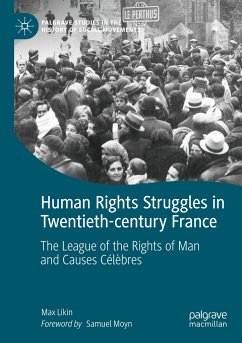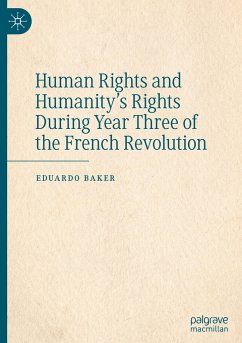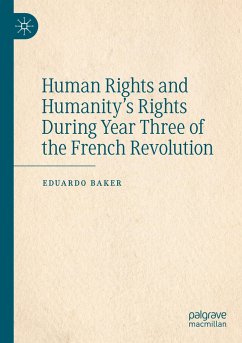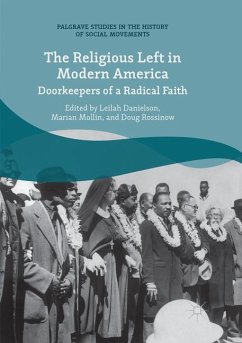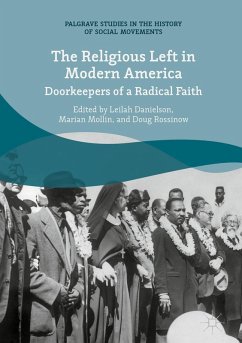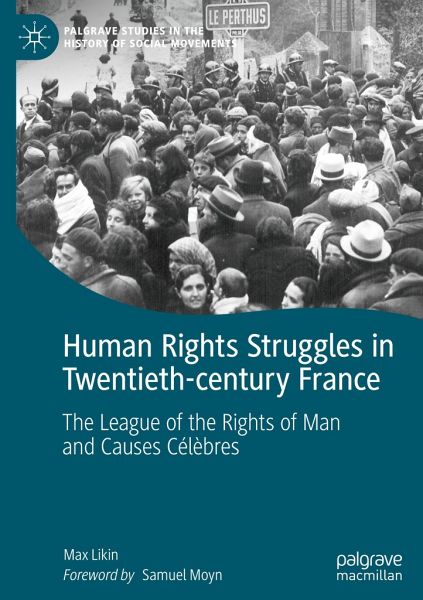
Human Rights Struggles in Twentieth-century France
The League of the Rights of Man and Causes Célèbres
Versandkostenfrei!
Versandfertig in 6-10 Tagen
83,99 €
inkl. MwSt.
Weitere Ausgaben:

PAYBACK Punkte
42 °P sammeln!
This book provides an introduction to human rights controversies in twentieth-century France, from the Dreyfus Affair at the beginning of the century, to the arguments over women and immigrants' rights at its end. Using the Ligue des Droits de L'Homme (LDH) - or the League of the Rights of Man - as a narrative thread for this chronological study, the book tracks the gradual expansion of human rights in France in the wake of the two world wars, the Algerian quagmire and decolonisation more generally. Examining the capital role of the LDH whilst also highlighting the role of individuals and key ...
This book provides an introduction to human rights controversies in twentieth-century France, from the Dreyfus Affair at the beginning of the century, to the arguments over women and immigrants' rights at its end. Using the Ligue des Droits de L'Homme (LDH) - or the League of the Rights of Man - as a narrative thread for this chronological study, the book tracks the gradual expansion of human rights in France in the wake of the two world wars, the Algerian quagmire and decolonisation more generally. Examining the capital role of the LDH whilst also highlighting the role of individuals and key activists, the book helps us to contextualise the quandaries faced by unseen minorities, particularly colonial subjects and women. The analysis also demonstrates the influence of French human rights activism on key international documents of human rights law, such as the Universal Declaration of Human Rights. The LDH occupies a central place in French justice debates and is therefore an ideal template to analyse the rising influence of humanitarianism and crimes against humanity in French causes célèbres from the 1970s onwards. However, the author goes further to look beyond the LDH and even France itself, offering wide-ranging surveys of dominant rights issues across Europe at any given period. Drawing on extensive research and interviews with key members of the LDH, this book provides an accessible overview of human rights struggles in twentieth-century France.



